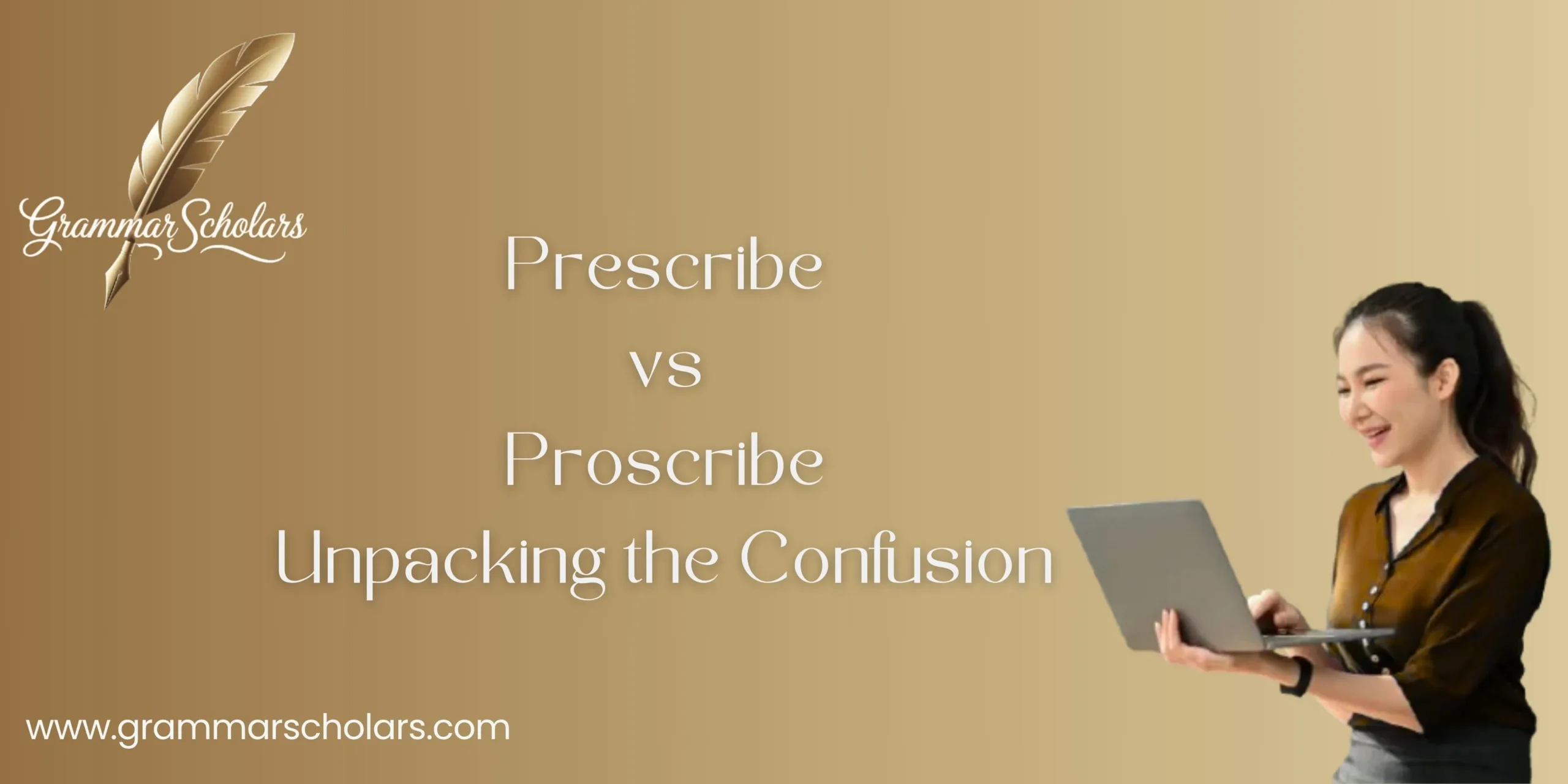Hit the Ground Running: Meaning, Usage & Examples
You’ve heard leaders and athletes say it all the time – “We need to hit the ground running.” But what does it mean? Why does this idiom still resonate across business, sports, and everyday life? Let’s unpack its meaning, history, and powerful examples so you can use it with confidence. Like a runner leaping into … Read more




















